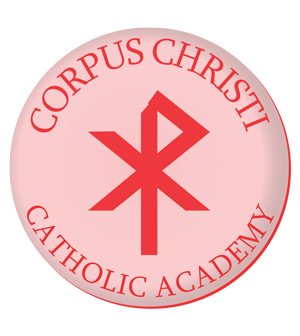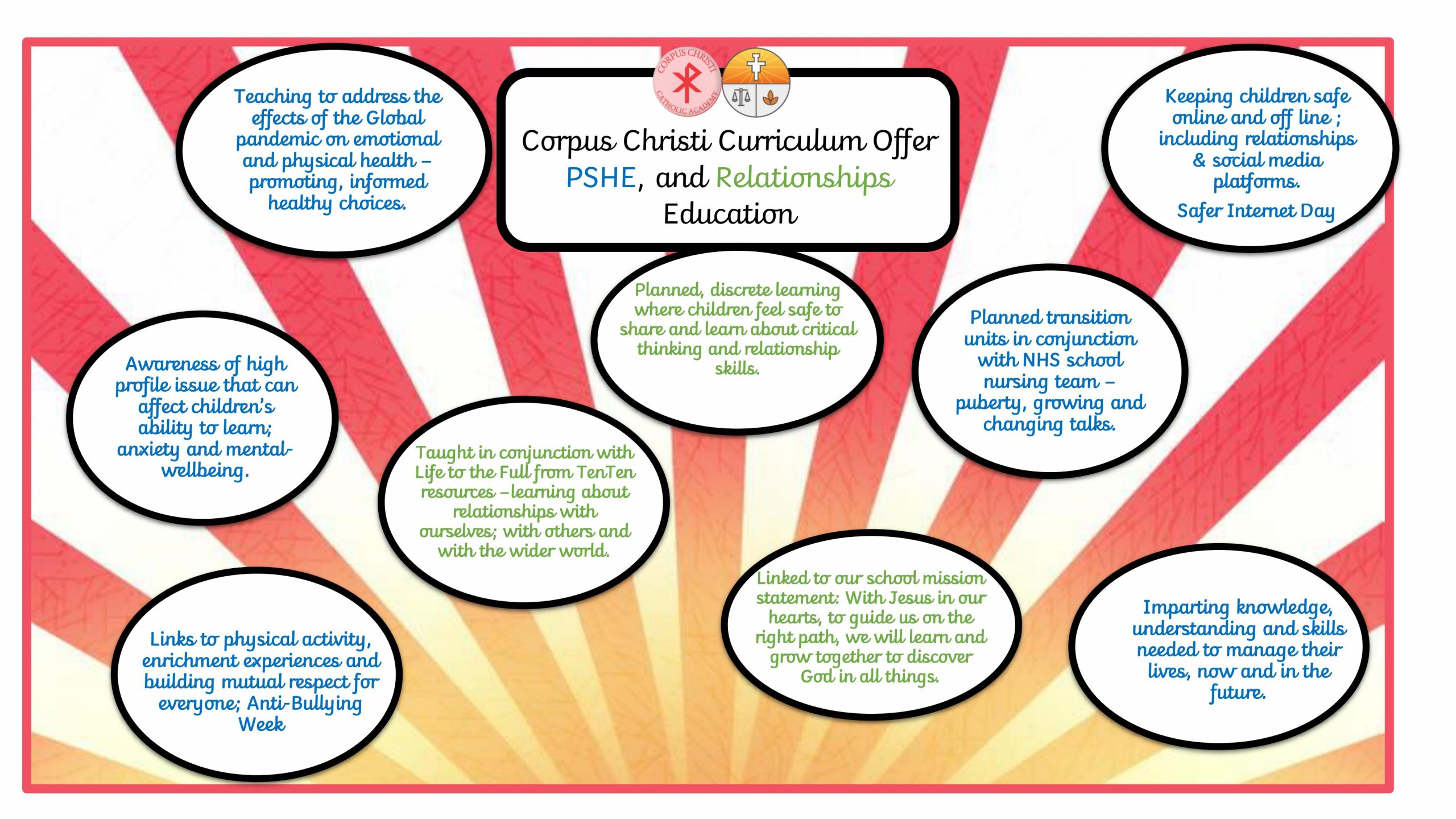Please click on the links below to find out more about our PSHE planning.
Intent:
Our PSHE and Citizenship curriculum aims to equip children with essential skills for life; it intends to develop the whole child through carefully planned and resourced lessons that develop the knowledge, skills and attributes children need to protect and enhance their wellbeing. Through these lessons, children will learn how to stay safe and healthy, build and maintain successful relationships and become active citizens, responsibly participating in society around them. Successful PSHE curriculum coverage is a vital tool in preparing children for life in society now and in the future. Learning is rooted in understanding each and everybody’s value in society, from appreciation of others in units such as Diverse Britain, to promoting strong and positive views of self in Think Positive and Be Yourself. The sequence of units aims to cover a wide range of the social and emotional aspects of learning, enabling children to develop their identity and self-esteem as active, confident members of their community. The themes and topics support social, moral, spiritual and cultural development and provide children with protective teaching on essential safeguarding issues, developing their knowledge of when and how they can ask for help. The units are mapped to sit alongside the Life to the Full programme, recommended and endorsed by the Catholic Education Service, and are fully in line with the Learning Outcomes and Core Themes provided by the PSHE Association Programme of Study which is widely used by schools in England and is recommended and referred to by the DfE in all key documentation relating to PSHE provision in schools. We cover all of the required objectives and follow the three core areas of Health and Wellbeing, Relationships and Living in the Wider World. The units fulfil the requirements of 2020 Statutory Relationships and Health Education, setting these learning intentions in the context of a broad and balanced PSHE curriculum.
This is supported through our curriculum drivers:
-
Communication: Within Personal, Social, Health and Economic Education (PSHE), the children of Corpus Christi will be able to speak confidently and knowledgeablyabout themselves and their place in local, national and international communities. They will be able to articulate the impact of theirs and other’s decisions and how communication is a key factor within any decision-making process. They will learn about the importance of communication as a life skill and as a determining factor in our ability to function as part of a community and to ultimately succeed.
-
Opportunity: Within PSHE, the children of Corpus Christi will be provided with learning opportunities that broadens their horizons, expands their knowledge and develops their Cultural Capital. They will be encouraged and supported to ask challenging questions of themselves and others; to be prepared to take risks and embrace new challenges and to value the importance of ‘learning about ourselves so that we can better ourselves’
-
Responsibility: The planned topics in both key stages, provide the opportunity for children to learn about responsibility at different levels and in different circumstances. Children are taught how to be responsible for their own health and wellbeing with an emphasis on relationships, Physical and mental wellbeing and contributing to the wider world. We promote the understanding that be a responsible citizen, making informed choices leads to improved benefits in our future lives.
-
Perseverance: Within PSHE at Corpus Christi, we provide a safe and open environment where children can challenge themselves and their expectations of what they are capable of. The opportunity to learn in a range of different ways in PSHE, promotes this perseverance and resilience to overcome adversity, challenge themselves and see and learn that perseverance is key to developing ourselves and overcome challenges and barriers with confidence.
-
Understanding: PSHE education at Corpus Christi Academy teaches children about their potential place and contribution in the world, how to stay safe in their environment and to recognise risks. They are taught how to avoid risky behaviours and who to turn to should something be troubling them. The overarching teaching of our PSHE Education curriculum is that children are taught ways to deal with situations that might make them question other’s actions, motives and question their own decisions.
-
Service: The planned units in PSHE education will develop in children a sense of pride in themselves and the communities to which they belong. Through meaningful, relevant topics, they will show respect and tolerance for others and value the importance of understanding our diverse communities. As St. Clare teaches us, we strive to serve God by serving others. By learning about ourselves, our relationships and our communities, we equip children with the tools necessary to live in service of others.
Implementation:
Our PSHE long term plan is designed to be taught in thematic units, which consist of six lessons, and build in complexity during a child’s journey through Corpus Christi. These units are taught in a spiral curriculum that revisits each theme every two years and this enables children to recall and build upon previous learning and to explore the underlying principles of PSHE education regularly at a depth that is appropriate for the age and stage of the child. Key words are explicitly taught and modelled, building a rich vocabulary to develop understanding. It is intended that lessons are delivered in a creative manner, using many approaches such as role play, discussion and games with groups of various sizes. These activities enable children to build confidence and resilience. Resources are also available for communicating with parents and carers about how and why each theme is covered and suggestions for extending the learning at home. Assessment for learning opportunities are built into each lesson and enhanced by the expectation that all learners will be reflective about each unit covered. Each lesson begins with a discussion of children’s existing knowledge and experience, providing an opportunity for baseline assessment. Each lesson ends with an opportunity to consolidate and reflect upon learning. Tools are provided for summative assessment, allowing progress to be recorded and tracked. This resource is fully in line with the Learning Outcomes and Core Themes outlined in the PSHE Association Programme of Study.
Impact:
Our PSHE curriculum provides schools with an effective tool for monitoring wellbeing. Children are enabled to develop the vocabulary and confidence needed to clearly articulate their thoughts and feelings in a climate of openness, trust and respect, and know when and how they can seek the support of others. They will apply their understanding of society to their everyday interactions, from the classroom to the wider community of which they are a part. It supports the active development of a school culture that prioritises physical and mental health and wellbeing, providing children with skills to evaluate and understand their own wellbeing needs, practise self-care and contribute positively to the wellbeing of those around them. Successful PSHE education can have a positive impact on the whole child, including their academic development and progress, by mitigating any social and emotional barriers to learning and building confidence and self-esteem. Evidence suggests that successful PSHE education also helps disadvantaged and vulnerable children achieve to a greater extent by raising aspirations and empowering them with skills to overcome barriers they face.
Documents
Please view the additional documents in school:
- PSHE Knowledge and Skills Progression
- PSHE Vocabulary Progression
- PSHE Unit Markers


